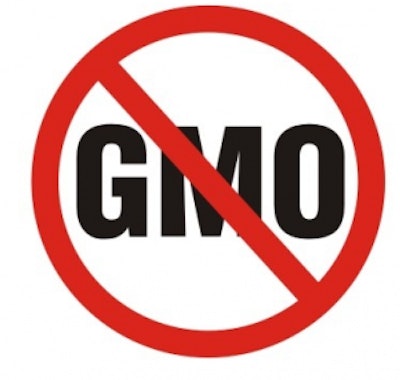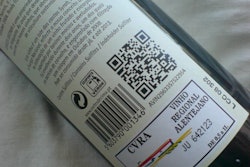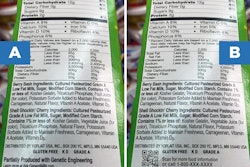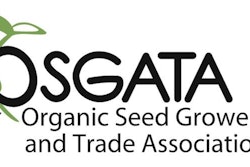
Lawmakers in the Senate have reached a bipartisan deal to mandate the labeling of genetically modified foods across the U.S. Vermont recently passed more restrictive regulations that would be nullified by the federal law, according to RT news service.
The Food Marketing Institute and Grocery Manufacturers Association expressed support for the agreement.
The agreement, announced on Thursday, was put forward by Senate Agricultural Committee members Sen. Pat Roberts (R- Kansas) and Sen. Debbie Stabenow (R-Michigan). It would preempt state laws to establish a national standard of labeling regulations.
“This bipartisan bill is a win for consumers and families, “Stabenow said in a statement. “For the first time ever, consumers will have a national, mandatory label for food products that contain genetically modified ingredients.”
States would not have the ability to decide what labels are used within their borders, putting to rest food companies’ fears that they would have to comply with a complicated patchwork of regulations across the country.
The legislation would allow food companies to select one of three options if their product contains GMOs: text on the package, a symbol, or a QR code that brings consumers to a web page.
If the legislation passes, United States Department of Agriculture (USDA) would have two years to hammer out the specifics of the labels.
To read more, click herehttps://www.rt.com/usa/348056-senate-gmo-labeling-deal/.
Editor's Insight: This agreement marks a major victory for the food industry. Not only does it provide for uniform standards, which will make GMO labeling economically feasible, but it also offers companies different options. Many companies will find the QR code option easy to execute.
The proposal still needs to be signed into law, so it’s important that food industry organizations maintain their efforts to encourage its passage.
The labeling requirement does not imply that GMOs are harmful -- the government and industry groups have pointed out that no scientific evidence indicates GMOs are harmful. Labeling is needed because consumers want to know as much as possible about the food they buy. 6-24-16 By Elliot Maras

















